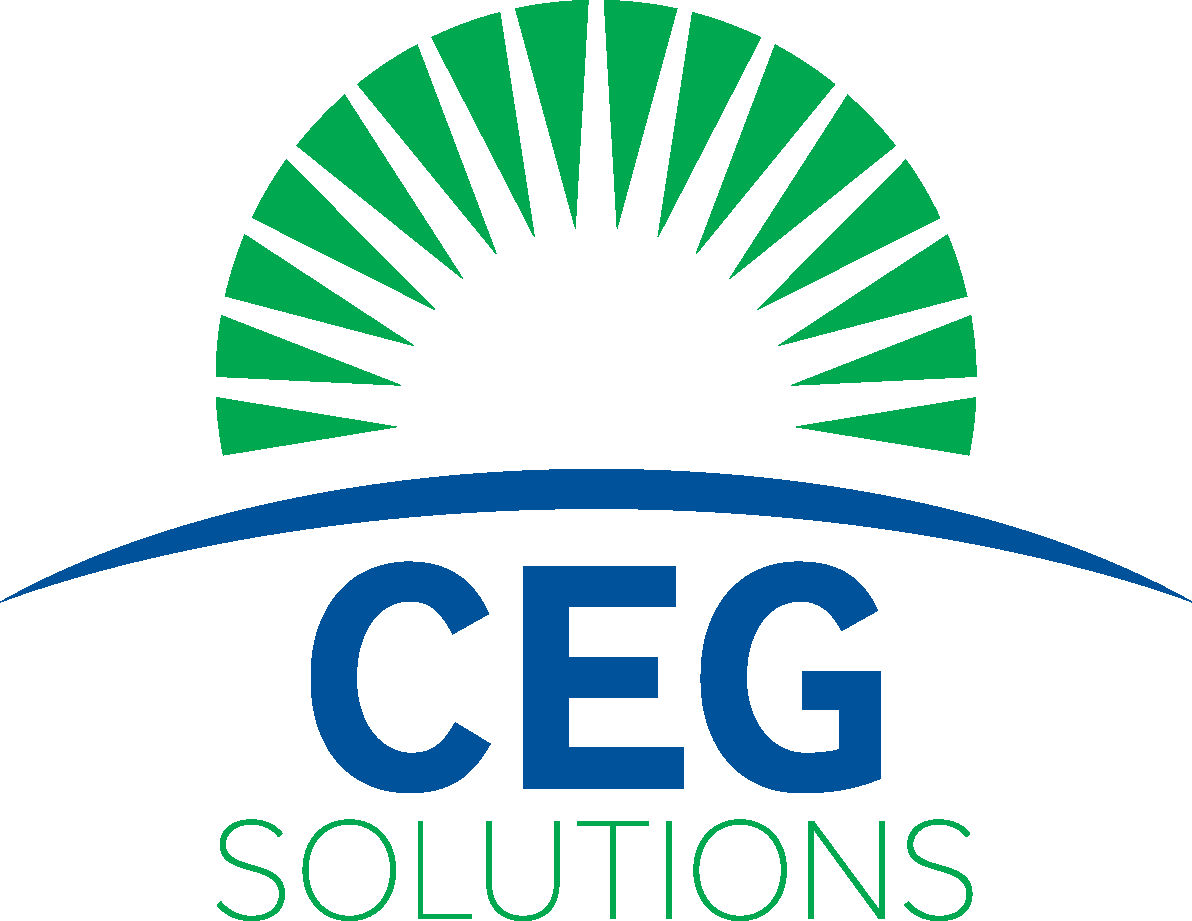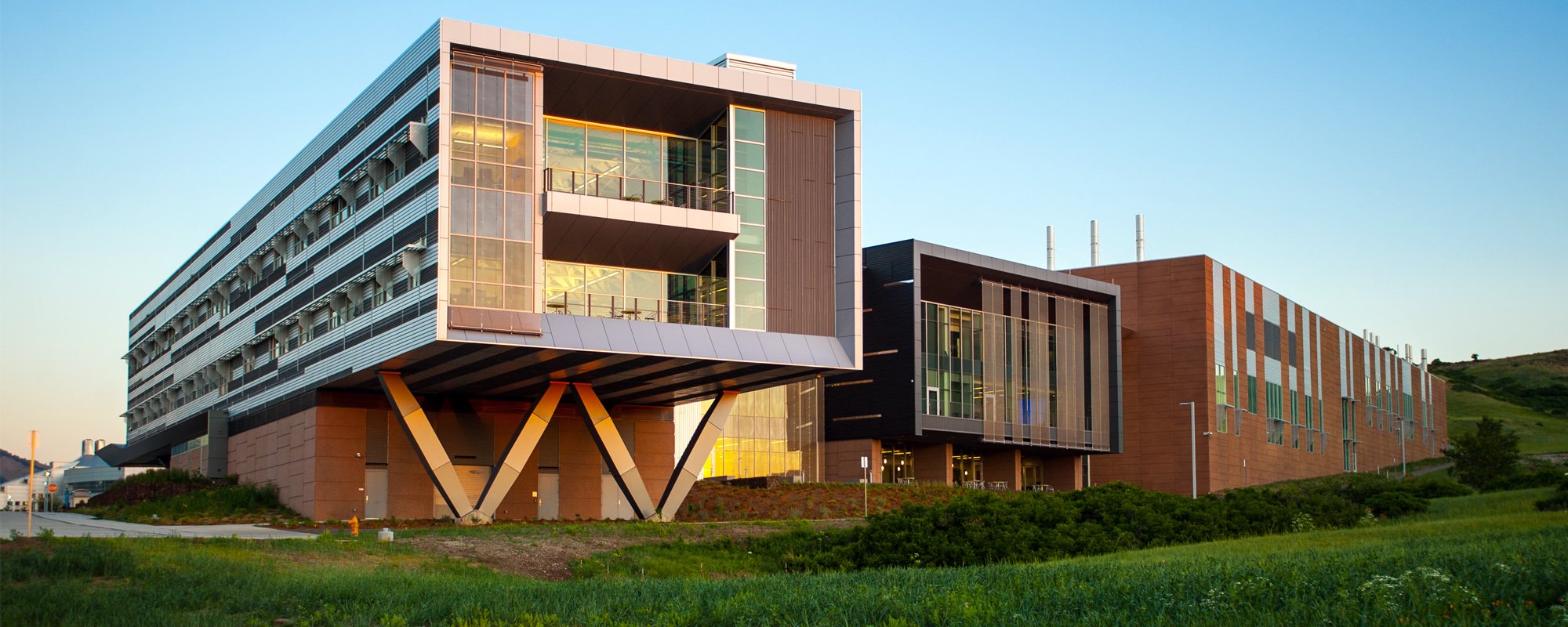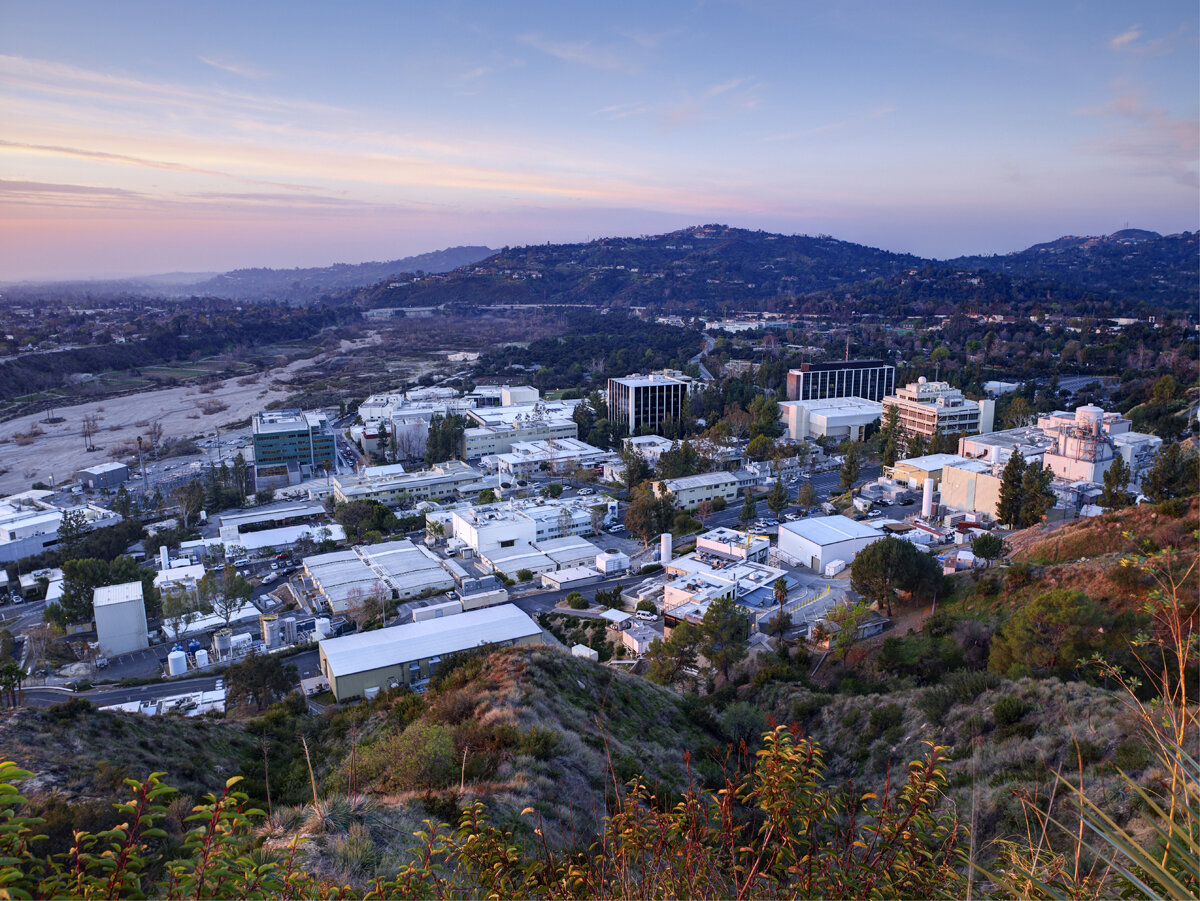
Higher Education
Revitalizing Higher Education Facilities to Enhance the Learning and Research Environment.
Featured Project
-
CEG has gained experience at large institutions in the higher education market sector through our multi-phase project at NASA Jet Propulsion Laboratory (JPL), which is operated and managed by the California Institute of Technology (Caltech), a major university in Pasadena, California. Through all phases of this project, CEG has coordinated with the university to attain approval for energy and water conservation measures, schedule implementation around the university’s schedule needs and ongoing research endeavors, and incorporate university sustainability and maintenance goals. Learn More.
When it comes to implementing energy efficiency projects at universities and colleges, CEG adopts a strategic and holistic approach. Our goal is to strike a balance between generating significant energy savings and maintaining a comfortable, functional, and conducive learning and research environment. We recognize that campuses have unique energy demands, diverse buildings, and various departments with distinct requirements. Our approach is designed to address these complexities and deliver sustainable solutions that benefit both the institution and its occupants.
In-depth Analysis of Energy Consumption Patterns: Each building, system, and department within a higher education campus has its own energy consumption patterns. Our in-house engineering team conducts a meticulous analysis of energy usage across the campus to identify opportunities for improvement. We assess the energy efficiency of lighting, HVAC systems, electrical equipment, and other essential components. This data-driven approach allows us to identify and create impactful energy savings opportunities.
Collaboration with Site Stakeholders: We understand the importance of involving various stakeholders within the campus community. We work closely with university administrators, facility managers, academic departments, and student representatives to gather valuable insights and understand their specific needs and concerns. By incorporating input from these stakeholders, we ensure that the proposed solutions align with the campus's vision and priorities.
Tailored Plan for Deep Energy Savings and Infrastructure Renewal: No two higher education campuses are the same. Our team crafts customized plans that take into account the unique characteristics of each campus. We focus on achieving deep energy savings by implementing energy efficient technologies, building retrofits, and infrastructure improvements. These measures not only reduce operating costs but also contribute to the campus's overall sustainability goals.
Avoiding Disruptions to Students and Campus Activities: Recognizing the importance of maintaining an uninterrupted learning and research environment, we carefully plan our projects to avoid disruptions. We schedule work during non-peak times, academic breaks, or summer months when the campus is less active. Our team takes proactive measures to ensure that students, faculty, and staff can continue their activities with minimal inconvenience during the site audits and the implementation phase.
Improving Campus Safety, Comfort, and Functionality: Our approach extends beyond energy efficiency alone. We prioritize campus safety, comfort, and functionality in all our projects. Upgrades to lighting and HVAC systems are designed to enhance the overall comfort of indoor spaces, creating a conducive environment for learning and research. Additionally, we explore ways to improve the campus's overall infrastructure to enhance safety and accessibility for everyone.
Integration of Renewable Energy Solutions: Incorporating renewable energy solutions is a key component of our approach for higher education campuses. We assess the feasibility of renewable energy sources such as solar, wind, or geothermal energy to further reduce carbon emissions and energy costs. These initiatives align with the campus's commitment to sustainability and environmental stewardship.
Compliance with Regulatory Standards: Our team ensures that all energy efficiency projects comply with relevant regulations and standards. We stay up-to-date with the latest energy efficiency guidelines, codes, and incentives to provide the most benefits for our clients.
By adopting this comprehensive approach, CEG delivers energy efficiency projects that not only generate significant savings but also contribute to creating a thriving, sustainable, and forward-looking higher education campus for students, faculty, and staff.




